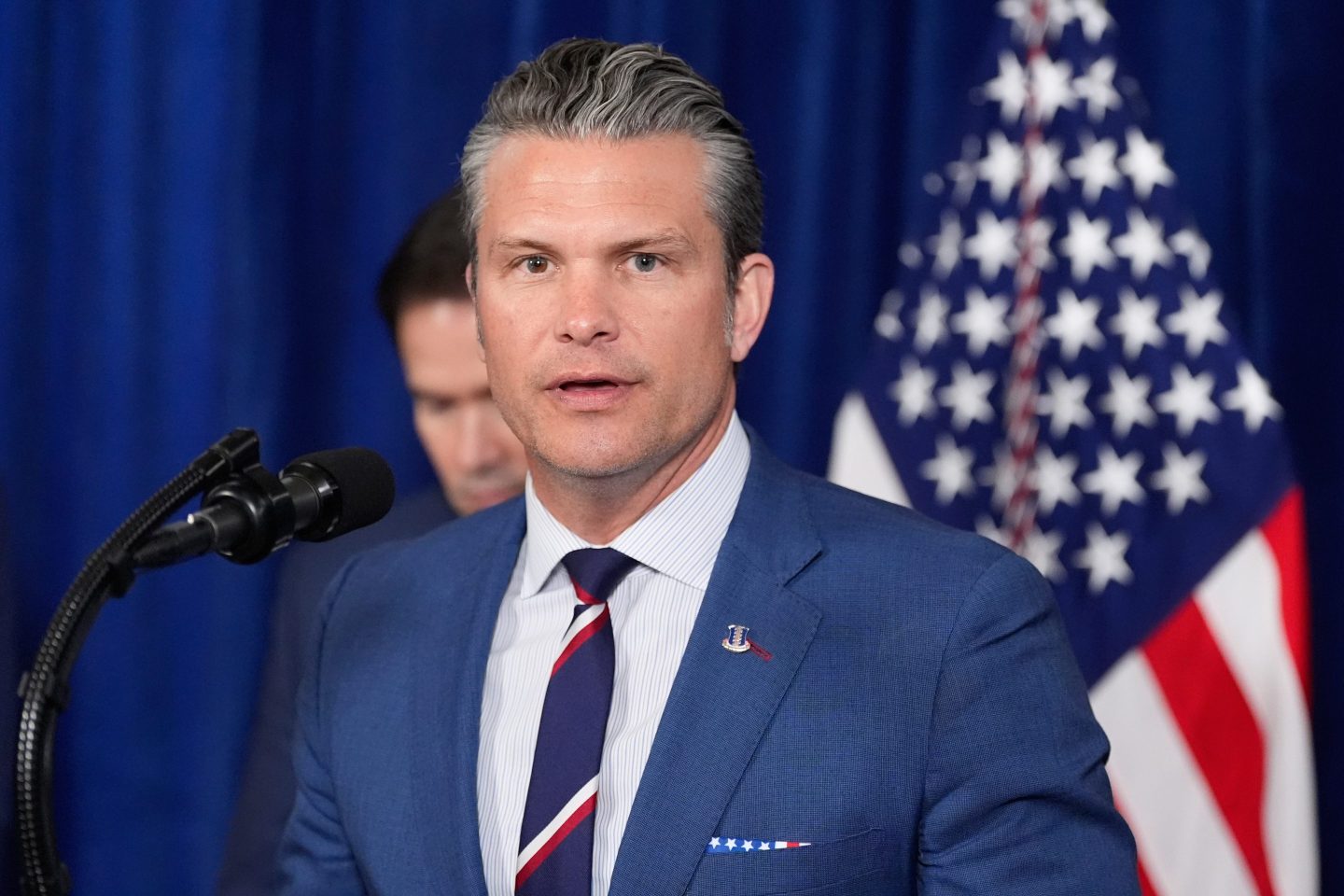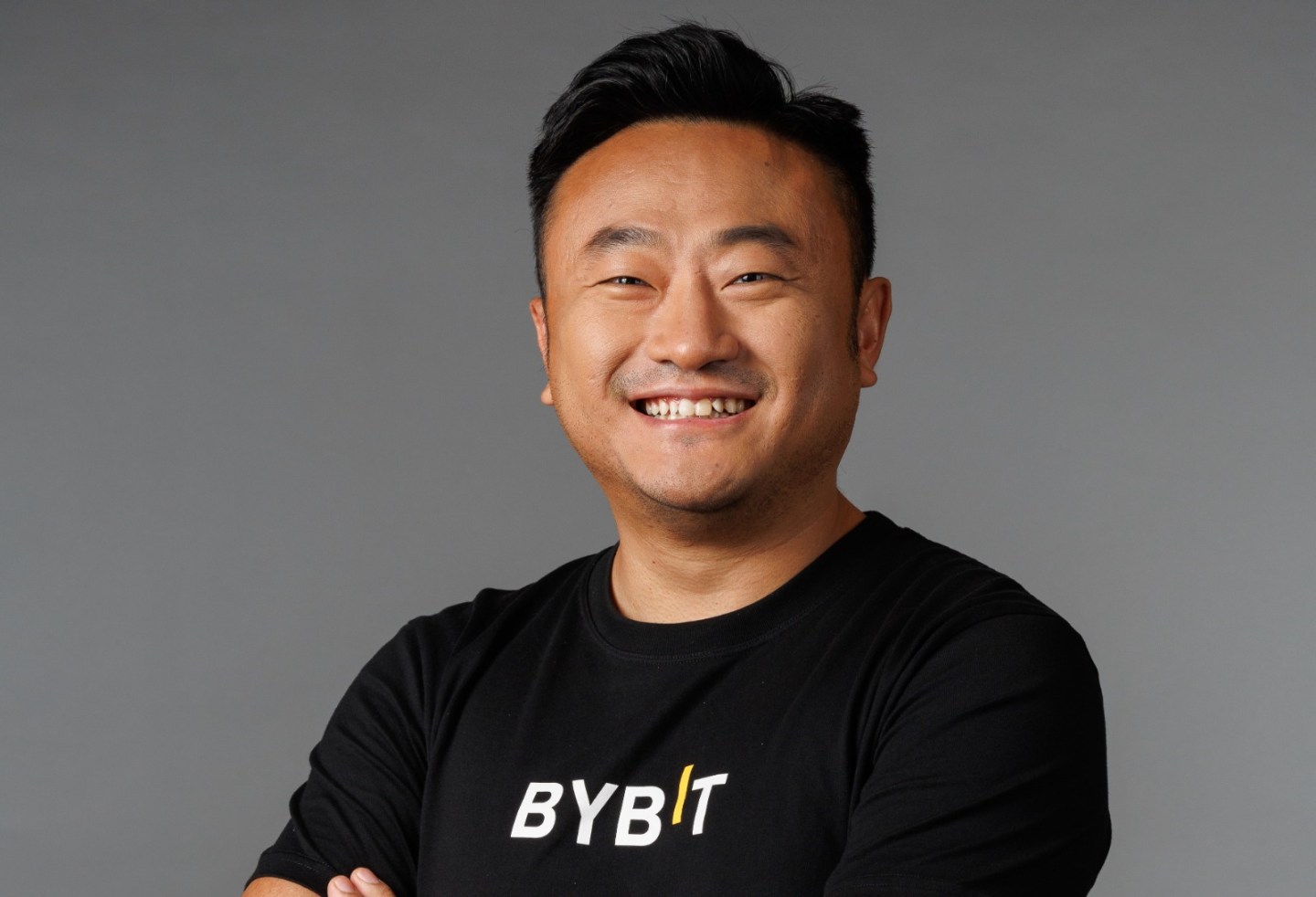A decade after Starbucks’ then-CEO, Howard Schultz, said China had the potential to become the U.S. coffee chain’s biggest market, the company is dramatically changing its approach there, selling a majority stake in its China business to an outside partner analysts say is better equipped to help the brand thrive.
A confluence of several factors has made it much harder for Seattle-based Starbucks to pursue its China strategy as initially planned: a loss of business momentum during the COVID pandemic, during which stores were closed for months on end; the emergence of fierce homegrown rivals, especially Luckin Coffee; and weakness in its home market. So now, Starbucks, whose first café in China opened in 1999, is selling a 60% stake in its retail operations there to Hong Kong–based investment firm Boyu Capital in a deal worth about $4 billion.
Boyu promises to be instrumental in helping Starbucks open stores in cities beyond Shanghai, Beijing, and China’s other megalopolises, while keeping costs in check. “Boyu’s deep local knowledge and expertise will help accelerate our growth in China, especially as we expand into smaller cities and new regions,” Starbucks CEO Brian Niccol said in a statement announcing the deal on Monday.
Starbucks currently has 8,000 stores in China, and Niccol said that could grow to 20,000 under the new arrangement. The deal is also meant to better equip the brand to compete with Luckin, a Chinese chain with more than 20,000 franchise locations that has lured its U.S. rival into price wars. Though Starbucks was early to the China coffee shop space, its market share there had plunged to 14% by last year, from 34% in 2019, Reuters reported (citing data from Euromonitor International).
The sheer size of the Chinese market has long been tantalizing to Western consumer brands like Starbucks. At the same time, China has bedeviled many of them. Ralph Lauren, now soaring in China, had to essentially exit the country in 2010, and then reenter it with spruced-up stores. Nike had a few false starts in China, too, before finding its footing a decade ago, but now must contend with weak consumer sentiment and falling sales.
Starbucks’ move to tap outside investors with deep experience in China has a couple of notable precedents in the quick-service restaurant sector. In 2017, McDonald’s sold 80% of its China and Hong Kong operations to investors including the Hong Kong–based conglomerate CITIC Ltd. for $2.1 billion. And KFC China is part of Yum China, an entity spun out in 2016 from Yum Brands to be nimbler in taking on the China market.
Though Starbucks will continue to earn revenue in China from its 40% share of profits and royalty fees, the deal represents a big pivot away from the market, and a signal that it has given up on the bonanza it once hoped to reap there. Only eight years ago, Starbucks was buying out its joint venture partners in some parts of China.
The Boyu deal should allow Starbucks to concentrate on its turnaround stateside, say some analysts. “Partnering in China absolves management of some operational complexity and geopolitical exposure while freeing resources to focus on a nascent turn in the North American business,” said John Zolidis, president and founder of Quo Vadis Capital.
Starbucks closed some 550 North American stores last quarter as part of its overhaul, leaving it with about 17,000 locations. And last week, the company reported that U.S. same-store sales last quarter were flat, breaking a six-quarter streak of declines in the metric, which strips out the impact of newly opened or closed stores.
Niccol, who was appointed in August of last year after six years as CEO of Chipotle, told investors last week that the plan is working. “It’s clear that our turnaround is taking hold,” he said.













